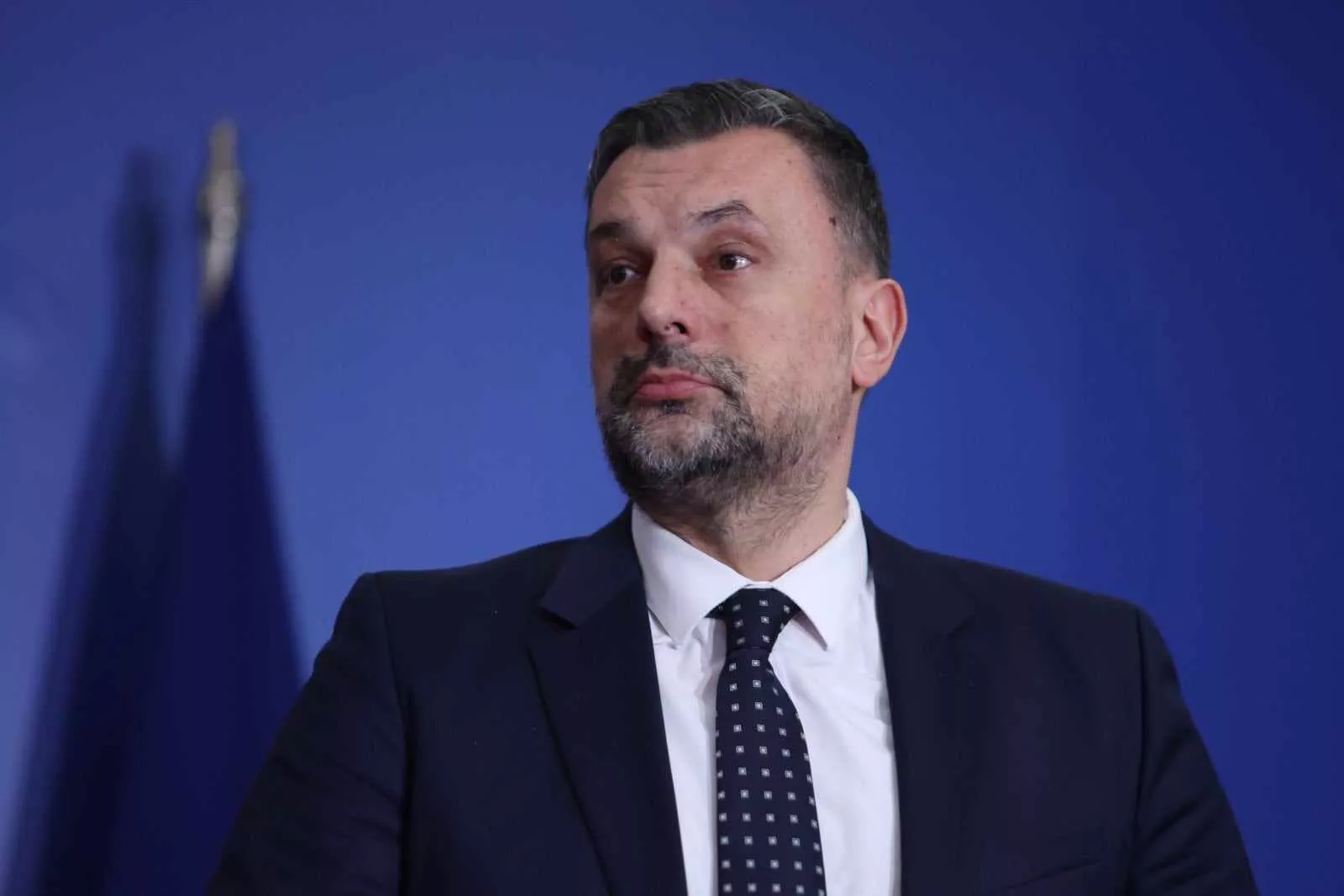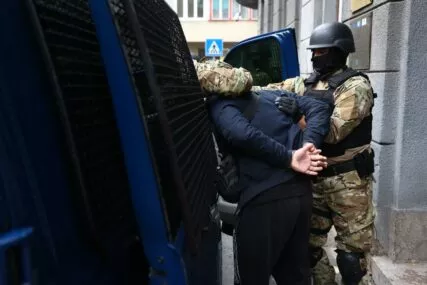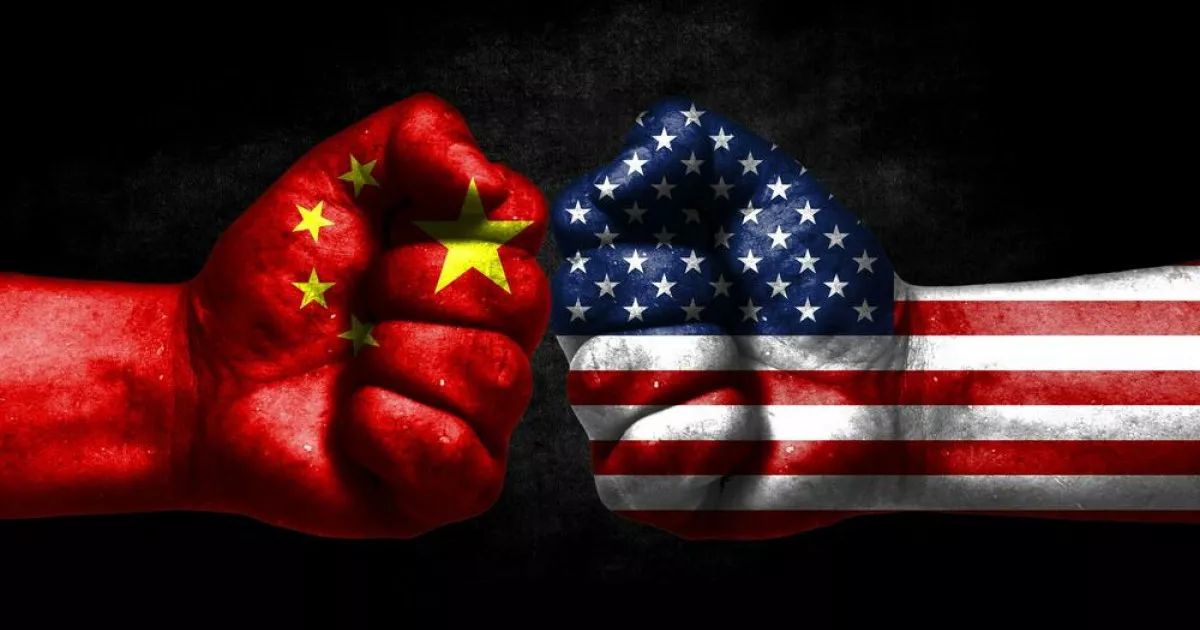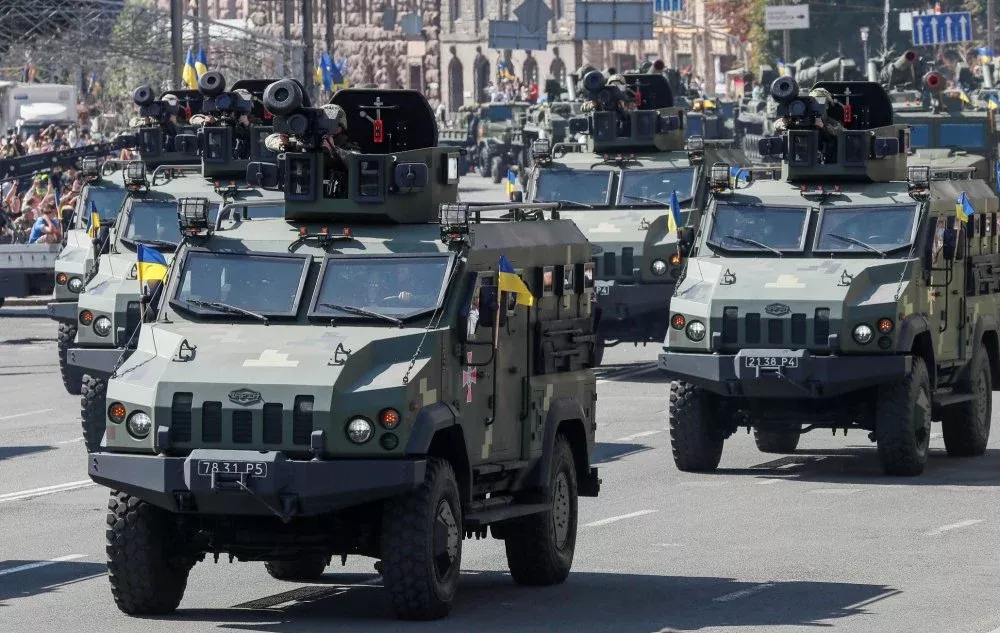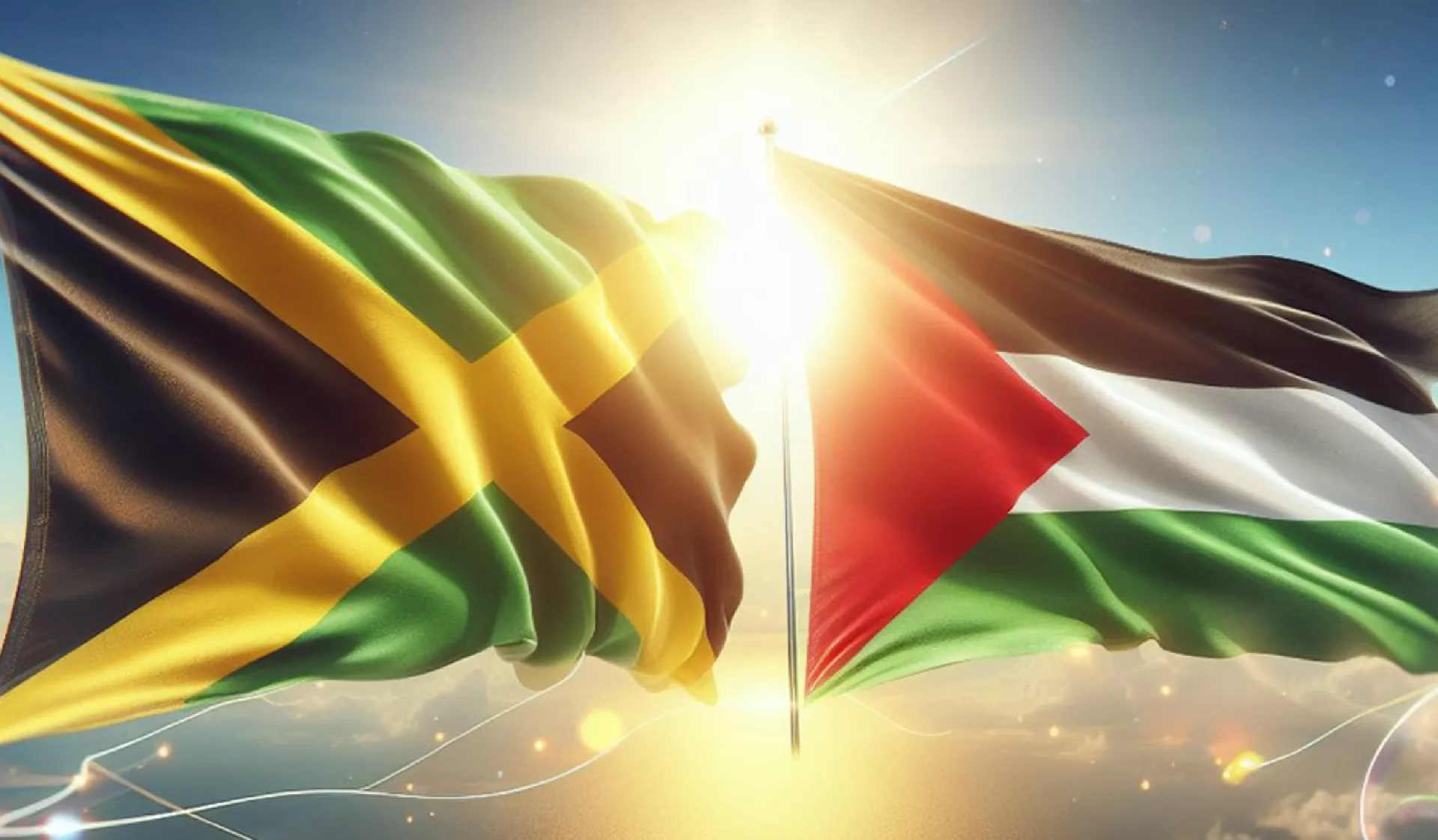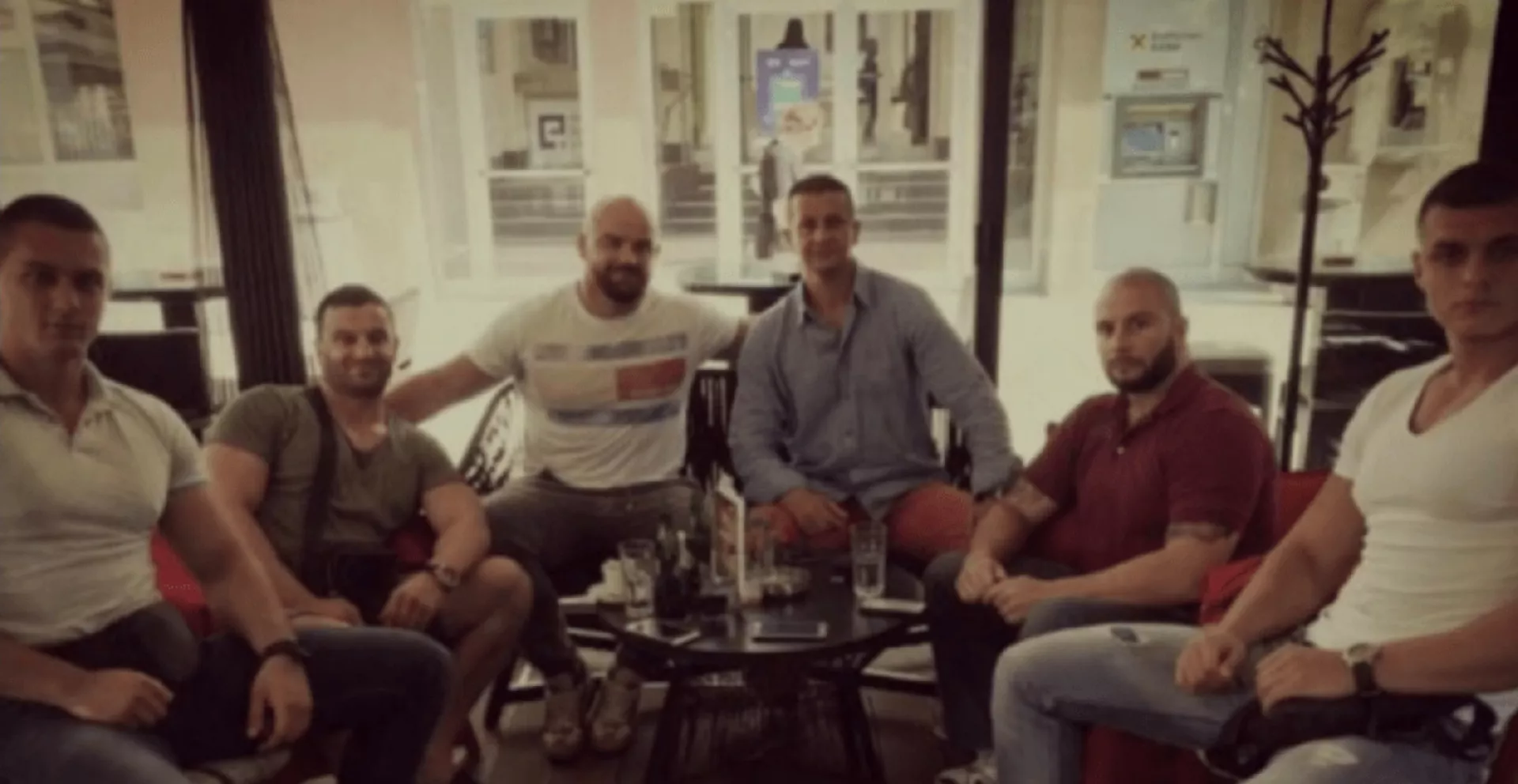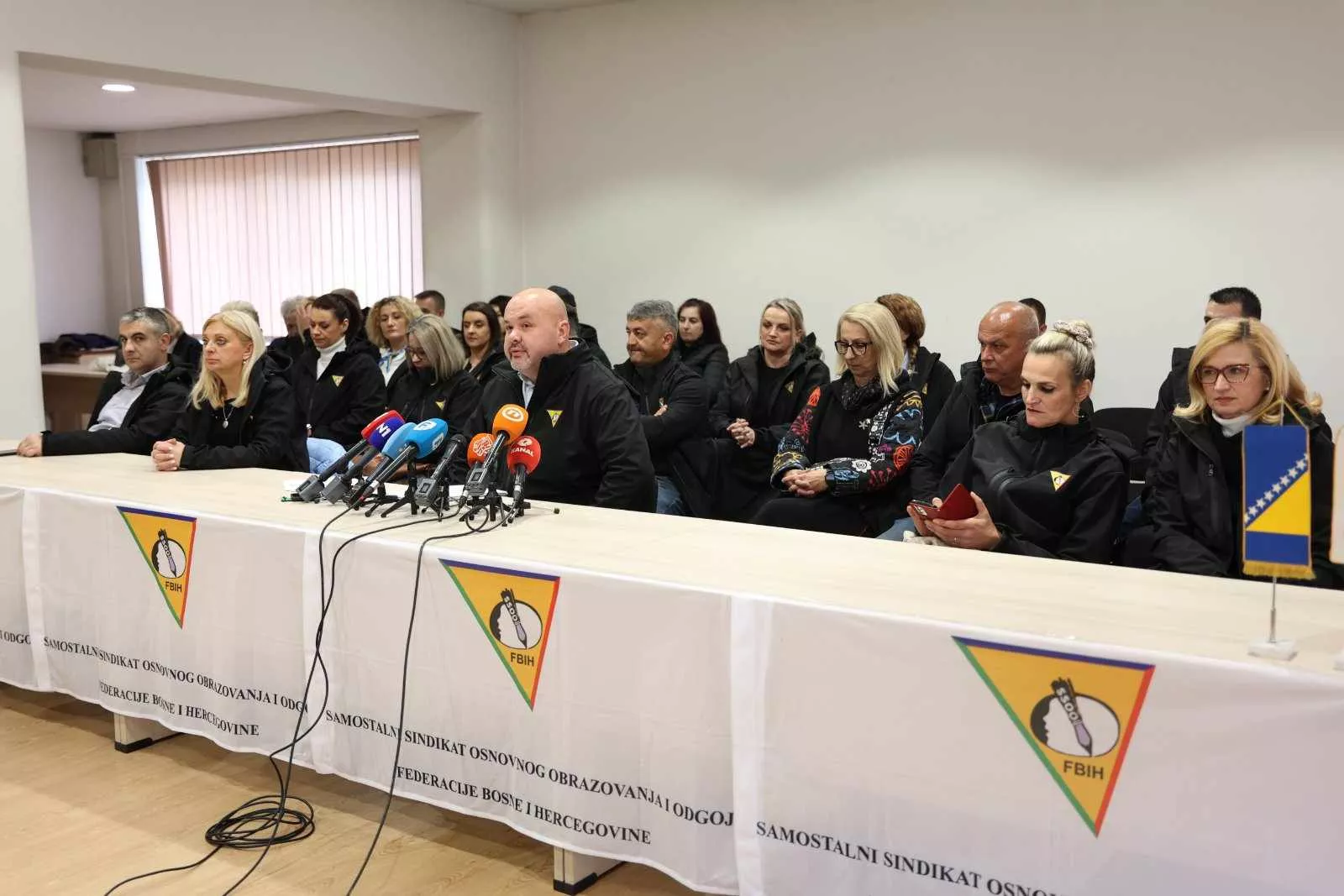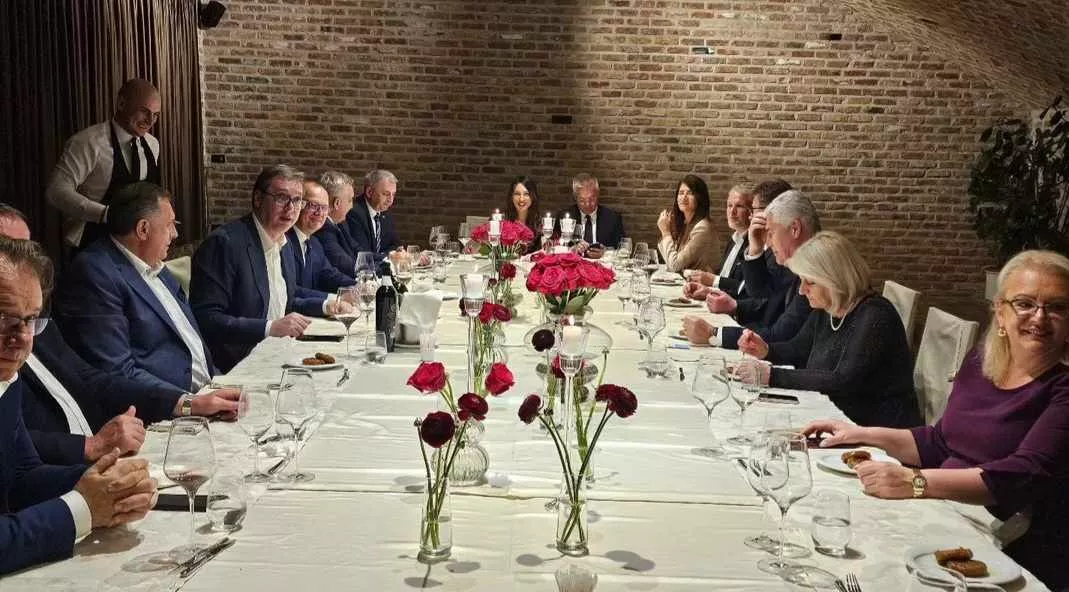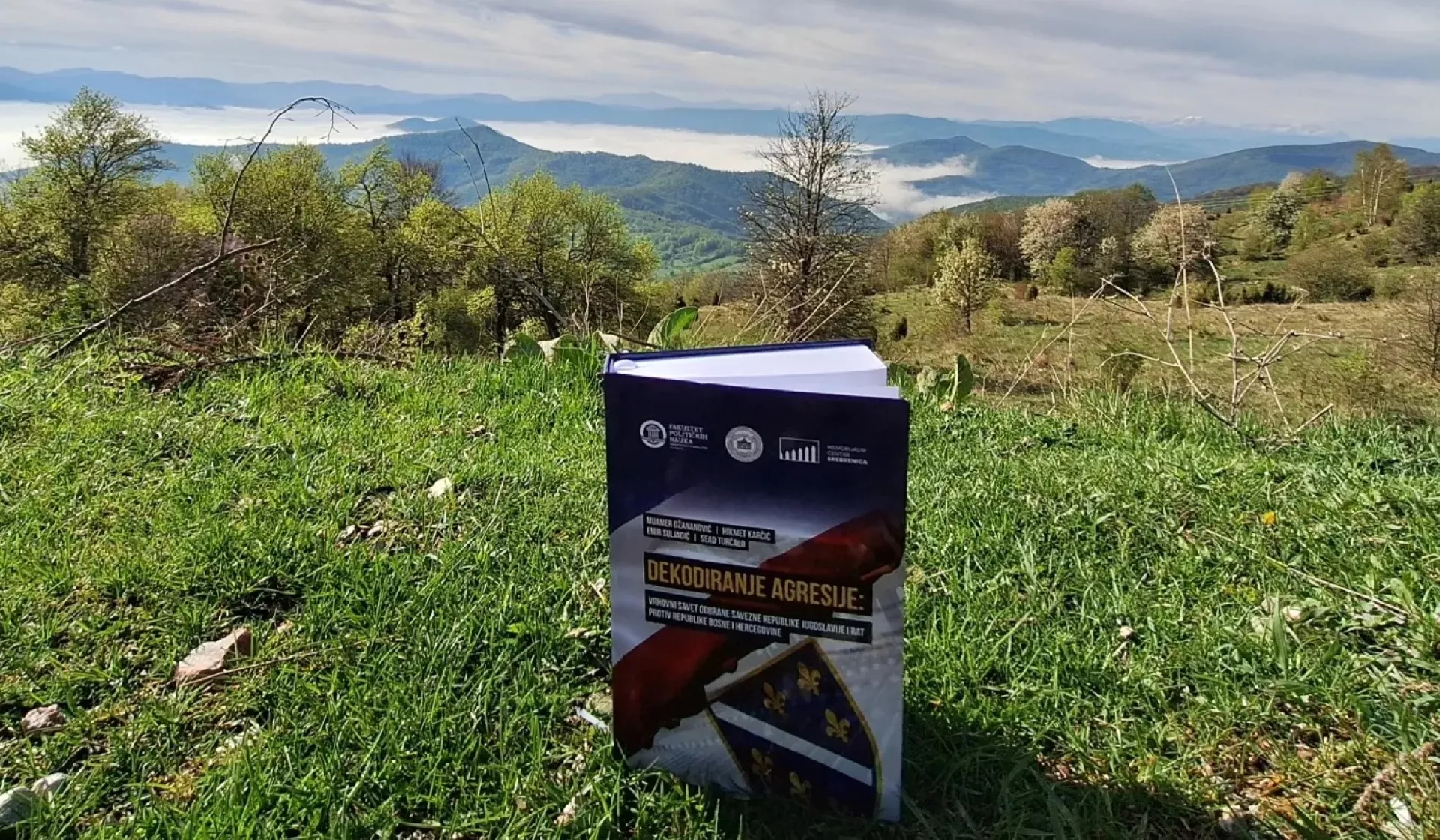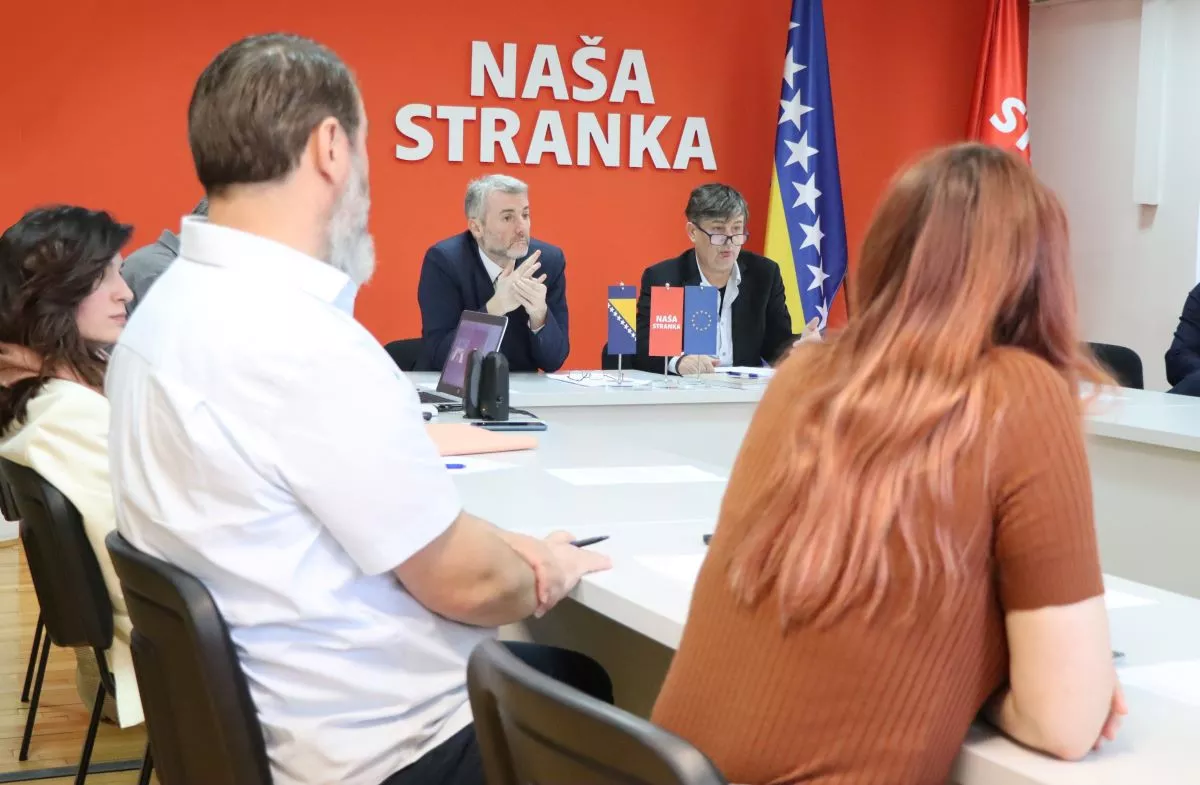


.jpg.webp)
By: Armin Aljovic
In January 2017, the president of BH entity Republika Srpska was sanctioned by the United States of America for 'obstructing the Dayton Peace Accord and posing a threat to the sovereignty and territorial integrity of Bosnia and Herzegovina'.
The US Ambassador to BiH, Maureen Cormack explained that the step was taken because Dodik continued to discuss dividing BiH. The ambassador further explained that the US had seriously taken Dodik's threatening with referendum on secession and violation of the laws. She also revealed that the US are deeply concerned about negative rhetoric of 'other politicians in BiH'.
- This is also a message to all those taking steps against decisions of the Constitutional court, warned the US Ambassador Maureen Cormack.
Who are those 'other politicians in BiH' approaching the US 'black list’? Diplomatic sources believe that Dragan Covic, the leader of HDZ BiH is very likely to be sanctioned by the US. Covic's rhetoric, particularly over the past few months is as negative as Dodik's. Some analysts noticed that the HDZ president has even surpassed the SNSD leader who, after his joining the presidency BiH, seems to be offering some kind of a new political paradigm in BiH.
Covic insists on dividing the Federation BiH
The alternations of the Election Law as requested by Dragan Covic would bring about new ethnic divisions in BiH. To illustrate the point, Covic demands that the Croat member at the Presidency BiH can be only elected the Croats from Herzegovina, which is the electoral basis of HDZ, while the Croats from other parts of BiH would be deprived the right to elect their representative. Covic wants to restructure the election of delegates for the Federal House of Peoples according to the same principle. Left and civil oriented parties warn that realization of such concept would mean establishing a third entity in BiH, which is opposite to the vision of the Dayton accords. Establishment of a separate territorial unit in BiH was the war aim of the first Croatian president Franjo Tudjman, which the Hague Tribunal ruled as 'joint criminal enterprise' by which a part of BiH was planned to be annexed to Croatia.
'It doesn't have to be an entity, it can be any kind of federal unit', said Covic in an interview for TV N1 earlier in March this year. Some Covic's spokesmen such as Bozo Ljubic, openly call for new conflicts unless HDZ’s demands get fulfilled. Ljubic's statements fully affirmed by neighboring Croatia could have been heard throughout the year. 'Bosnia and Herzegovina cannot remain as a civil state', Covic was categorical.
During the pre-election campaign, Covic was threatening to block political processes in BiH should his opponent Zeljko Komsic win the presidency race. His threats were perceived as obstruction of democratic election process.
Those who believe that it makes sense to elect two members of the Presidency BiH by Bosniak vote have to be aware that by doing so they will stop all projects in BiH and provoke a crisis that will not bring anything good for anyone, stated Covic at a prelection event in Stolac at the end of September.
- I deeply believe that what I'm saying here was previously heard in Sarajevo, Banja Luka but also Brussels and Washington, said the HDZ BiH president, threatening to the international community unless they agree to a division of Federation along its ethnic lines.
Following his electoral loss to Covic on 7 October, Covic has made very concrete moves. The last two sessions of the Council of Ministers BiH were cancelled because the ministers from HDZ BiH did not show up. In an interview for Vecernji List Covic stated that the political standstill will last longer as the change of the Election law is the absolute condition for establishing power.
The presidency of the Croatian People's Assembly (Sabor) held a session in Mostar on 23 October. After the session, Covic made a statement: 'Election in the name of Croat people is unconstitutional, unlawful, illegal and illegitimate. An extremely unacceptable climate has been created and it offers instability'.
A few days later, the High Representative in BiH, Valentin Inzko presented a semiannual report on progress of BiH to the UN Security Council in which he inter alia said that Komsic won according to the same rules that were in force when Covic had won.
At a press conference in Kupres held a few days after the elections, Covic made another statement: 'That will never happen again and I hope that we have enough adequate instruments for it to become reality through BH legislation, the Constitution BiH, abiding by the decision of the Constitutional court about legitimate political representation'. He threw in an accusation that Komsic was elected by 'radical Bosniak circles' and that there was a campaign against him (Covic) even in mosques. The media that support Covic's politics have been working hard to deepen national tension between Bosniaks and Croats.
The key message arriving from the US Embassy, the OHR, the OSCE and other international organizations in BiH says that any political stalemate as regards establishment of power would be unacceptable.
Blocking the changes to the Criminal law
Before the criminal law was adopted, representatives of the international community in BiH accused HDZ and SNSD of blocking passing a modern criminal law in BiH. 'HDZ BiH and SNSD are directly responsible for further spreading of corruption in BiH.' The statement made earlier in May this year was signed by the embassies of Canada, France, Germany, Japan, Holland, Spain, Turkey, Great Britain, the United States, OHR and OSCE.
